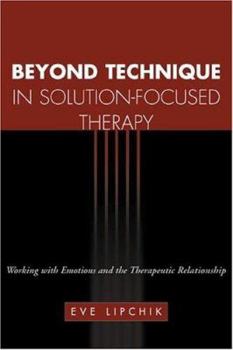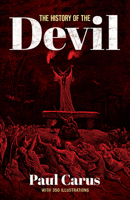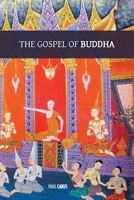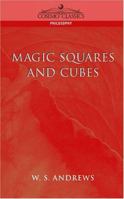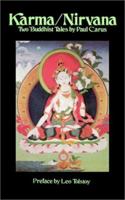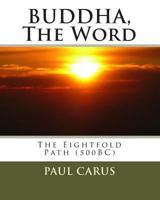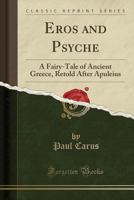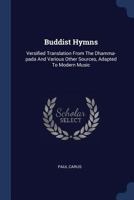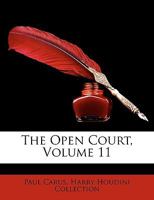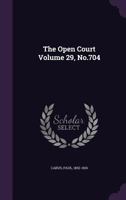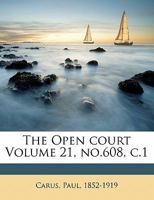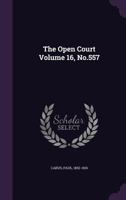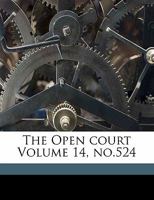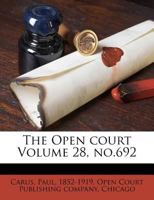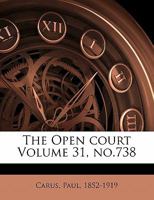Beyond Technique in Solution-Focused Therapy: Working with Emotions and the Therapeutic Relationship
Select Format
Select Condition 
Book Overview
Solution-focused therapy is often misunderstood to be no more than the techniques it is famous for--pragmatic, future-oriented questions that encourage clients to reconceptualize their problems and build on their strengths. Yet when applied in a one-size-fits-all manner, these techniques may produce disappointing results and leave clinicians wondering where they have gone wrong. This volume adds a vital dimension to the SFT literature, providing a rich theoretical framework to facilitate nonformulaic clinical decision making. The focus is on how attention to emotional issues, traditionally not emphasized in brief, strengths-based interventions, can help unstick difficult situations and pave the way to successful solutions.
Customer Reviews
Rated 5 starsNot for the novitiate...
Provides a dense, tersely written introduction into Jungian dream analysis for those already with a background in psychology. Not for the novitiate.
0Report
Rated 4 starsGood for Advanced Students
This is a clear presentation of Jungian Dream interpretation, but it is designed for the therapist, so the less advanced reader may not know some of the major ideas. Nevertheless it is clearly and logically presented and is without flights of fancy, so it has its own value.
0Report
Rated 5 starsTheory and Practice of Understanding Your Dreams
This compact discussion of the Jungian method of dream analyses is a thorough examination of basic concepts as they are applied in practical dream interpretation. The author, a psychiatrist and Jungian Analyst, clearly outlines the process of understanding dreams and addresses their purpose. Dreams are for "problem solving and personality development." First they are compensation for conscious attitudes that are ineffective...
1Report










